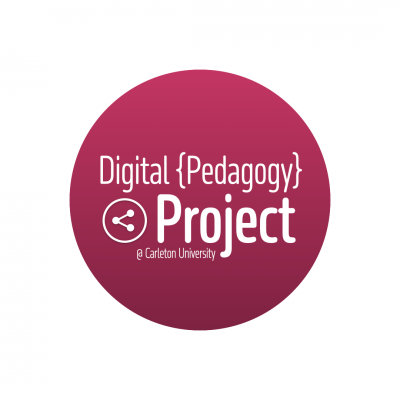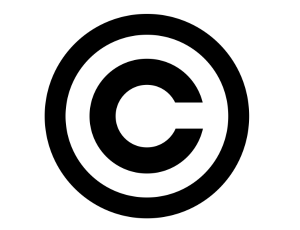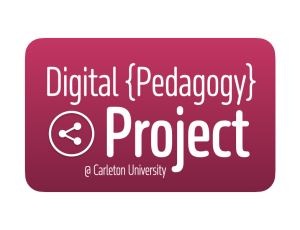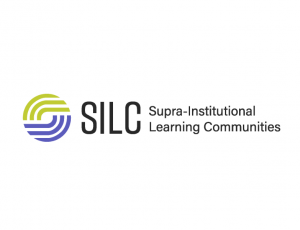Since the onset of the COVID-19 pandemic, digital communication technologies have become synonymous with accessibility in the university. These tools offered a means for student retention, enabling the continuity of academic programming during a moment of remote learning, while broadening access through the use of multimodal teaching materials. But this moment of enhanced accessibility also gave life to deepened ties between teaching and commerce, where resources are often hidden behind paywalls or are protected by proprietary licenses. Open access publishing offers a viable alternative, yet publishers often require steep fees from participating authors while educators still question the quality and rigour of freely-available materials.
In light of the tensions created by the contemporary role of digital technologies in higher learning, this project asks the following questions: how might we better understand the benefit of incorporating multimedia and/or interactive materials in our teaching? And what are the barriers and challenges instructors face that prevent them from integrating open educational resources (OER)?
To answer these questions, the Digital Pedagogy Project has launched a pilot project with ten Carleton University instructors to support the development of open access and multimedia resources over the course of a term. Participating instructors receive a stipend to hire a current or past student or TA to assist in the development of the OA module that will be used in a course running in either Fall 2023 or Winter 2024. The aim is to create tools and resources to support faculty who wish to incorporate OA and MM materials in the future here at Carleton University. The data collected during this study will be used to inform research reports, conference presentations, and the development of open-access pedagogical tools for Carleton instructors.






